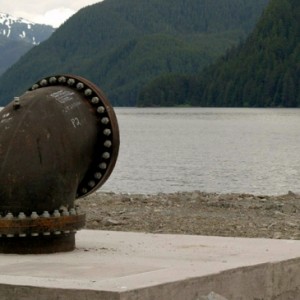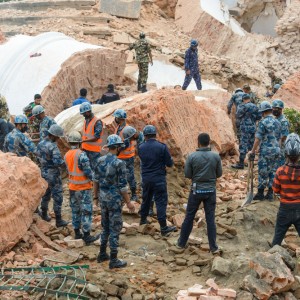The Stream, April 30: Iran Water Adviser Warns of Mass Migration
The Global Rundown |
A water official in Iran has warned that mismanagement in the country may prompt a mass exodus, and the government of Jordan has warned the international community that more financial assistance is necessary to provide water for Syrian refugees. Egypt, Sudan, and Chad have agreed to develop the world’s largest fossil water aquifer, and four tribes from the Amazon are uniting to oppose Brazil‘s development of hydroelectric power.
“Approximately 50 million people, 70% of Iranians, will have no choice but to leave the country. With the state of our foreign policy, which countries are ready to accommodate 30 to 50 million Iranians?” — Issa Kalantari, Iran’s vice presidential adviser for water, agriculture, and the environment, on the dangers of continued exploitation of 97% of Iran’s surface waters. (Al-Monitor)
By The Numbers |
8 percent – Portion of Jordan’s $US 750 million Syrian refugee WASH response program being paid for by the international community. The plan aims to “enhance the capacity of the government and host communities to meet the increased demand for water and sanitation services” in the wake of a mass influx of Syrian refugees. The plan was presented to potential donors last month in Kuwait, but only $25 million in support has been pledged thus far. The Jordan Times
Science, Studies, And Reports |
During the 2015 World Water Forum held earlier this month, Egypt, Sudan, and Chad agreed that they would cooperate to develop/use the Nubian sandstone aquifer. The fossil aquifer is the world’s largest and is estimated to contain more than 150 million cubic meters of non-renewable water. AllAfrica
On The Radar |
Four Amazonian tribes, the Munduruku, Apiaká, Kayabi and Rikbaktsa, have released a joint statement opposing Brazil’s continued development of hydroelectric power. Specifically, their statement called for a halt to construction on four dams on the Teles Pires river, citing concerns about water quality and fish stocks. The tribes say the Brazilian government has failed to consult them or to conduct environmental studies. More than 250 dams are currently planned in the Amazon. Guardian
is both a scientist and a journalist, she holds an MS in Environmental Engineering from Michigan Technological University, and she brings proficiency in ESRI’s ArcGIS mapping software.





Leave a Reply
Want to join the discussion?Feel free to contribute!